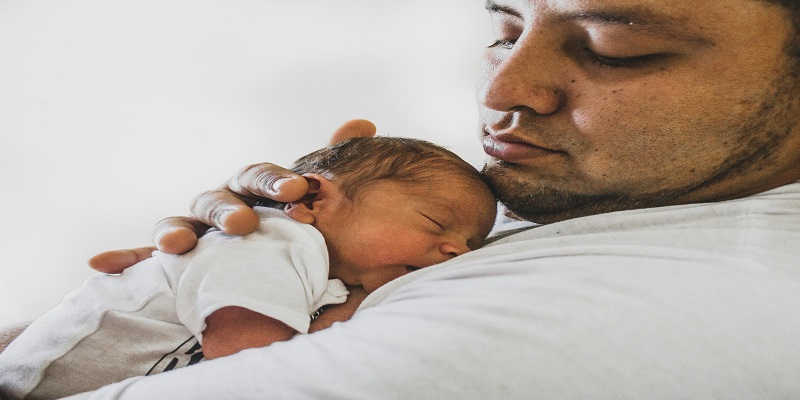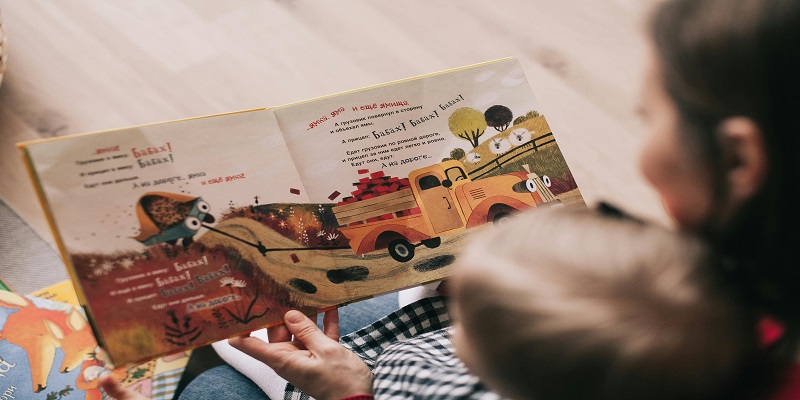The Next Generation of Tooth Replacement: Exploring Screwless Dental Implants
Baby Sleep Schedule By Age: Monthly Guide From Newborn To 12 Months
Are you struggling with your baby’s sleep routine? It happens to the best of us, and it would interest you to know that millions of parents struggle to create a consistent sleep schedule for their babies.
Are you struggling with your baby’s sleep routine? It happens to the best of us, and it would interest you to know that millions of parents struggle to create a consistent sleep schedule for their babies.
We know how hard it can be to figure out when your baby should sleep. That's why we've curated this practical guide to walk you through the typical baby sleep patterns by age.
Know Your Baby's Sleep Needs
Sleep needs change fast in the first year of your baby's life. What works for a newborn won't work for a six-month-old.
Knowing what to expect at each age helps you make better sleep plans. Let's look at how sleep patterns change as your baby grows.
The First 3 Months

Your newborn will sleep a lot - up to 17 hours each day. But they will wake up every few hours to eat. This is normal and helps them grow.
Most babies in this age gap sleep in short bursts of 2-4 hours. Also, your baby might be up more at night than during the day.
This happens because they haven't learned about day and night yet. To help them learn, keep days bright and active, and make nights dark and quiet.
Sleep From 3 To 6 Months

At this age, your baby starts to sleep more at night. They may sleep 5-6 hours at a time. This is your cue to begin sleep training. Your baby now needs about 14-15 hours of sleep each day.
Morning naps often start around 9 AM. The next nap might be near 1 PM, and the last nap should end by 5 PM. Sticking to this Schedule will help your baby sleep better at night.
The 6 to 9-Month Schedule
Your baby now needs about 12 hours of sleep each day. They might take two or three naps. Most babies this age go to bed between 7 and 8 PM.
A good schedule might look like this:
Wake up: 6:30 AM
First nap: 9:00 AM
Second nap: 1:00 PM
Bedtime: 7:30 PM
Sleep From 9 To 12 Months

Your baby might now sleep for longer stretches at night. Babies at this age often need two naps each day.
The morning nap might be at 9:30 AM, while the afternoon nap might start around 2:00 PM. Observe their sleep patterns at this point and consider what works.
Making Your Sleep Schedule Work
Getting your baby to follow a sleep schedule takes time and patience. Some days will be better than others, but the key is to stay true to your plan.
Even when things get hard, keeping a routine helps your baby learn good sleep habits. Here’s how you can make your baby’s sleep schedule stick:
Watch For Sleep Signs

Your baby will communicate when tired; they might rub their eyes or get fussy. Put them to bed when you see these signs. Please don't wait until they're overtired. Otherwise, sleep would become a real hassle.
Create A Bedtime Routine

Babies love knowing what comes next. Give your baby a warm bath, read them a story, and sing a quiet song. Do these things in the same order each night to maintain a consistent bedtime routine.
Keep The Room Just Right

Make sure your baby's room is dark and quiet. Use a white noise machine if necessary. Keep the room between 68 and 72 degrees. Ultimately, the room should be comfortable enough to induce sleep without compromising your baby’s comfort.
Setting Your Baby Up For Sleep Success
Success with baby sleep comes from more than just following a schedule. It is highly dependent on creating the right sleep environment and habits. When all these pieces work together, your baby has the best chance of sleeping well.
The best sleep schedules work with your baby's natural patterns. Watch when your baby seems tired and plan naps around these times. However, it is essential to note that every baby is different.
Finally, start your day at the same time each morning. This helps set your baby's body clock. Try to put your baby down when they are drowsy but awake. This approach will help them learn to fall asleep on their own.
Help Your Baby Sleep Better Tonight
You now have the tools to create a sleep schedule that works. Start with small changes and exercise patience as your baby learns new sleep habits. Bear in mind that good sleep helps your baby grow and learn.
Understanding your baby's sleep patterns by age and establishing a consistent sleep schedule can help your little one (and you!) get a good night's sleep. Try to be flexible, and don't hesitate to enlist professional help if you encounter any challenges.
FAQ
Q1: When should I start sleep training my baby?
Ans: Most babies are eligible for sleep training around 4-6 months old. Talk to your doctor about what method might work best for your baby.
Q2: How do I know if my baby is getting enough sleep?
Ans: Watch your baby during the day. A well-rested baby is happy and alert when awake. They should fall asleep fairly easily at nap time.
Q3: What if my baby Resists the Schedule?
Ans: Try moving nap times 15 minutes earlier or later. Watch for signs of tiredness and act accordingly. Sometimes, small changes make a big difference.
Q4: Should I wake my baby from naps?
Ans: Occasionally, you might need to wake your baby to keep the Schedule on track. But try not to wake a sleeping baby unless you have to.











